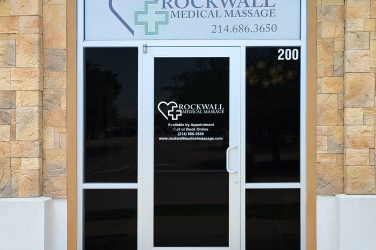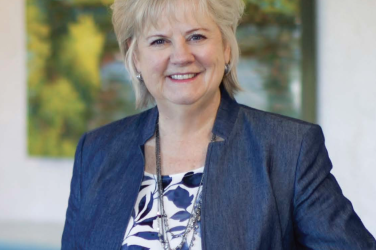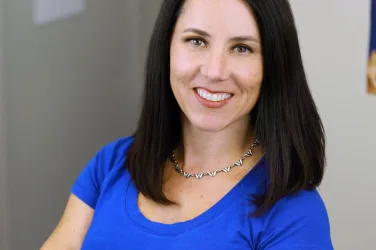
Q&A
Attorney - Wills and Estate
If I pass away, does my spouse automatically inherit everything?
You may think that is true since Texas is a community property state, but it’s not always the case. This is especially true for second marriages and for people who had children from a previous marriage. If you die without a will and have children from a previous marriage, your spouse does not inherit your one-half share of the community estate unless you have designated this in your last will and testament, or another planning vehicle such as a living trust.
I don’t have an estate. Do I still need an estate plan?
Many believe they don’t have an “estate” because they aren’t multi-millionaires. The reality is that everyone has an estate plan, which is governed by the Texas Estates Code and Texas Property Code. This just means that the Texas legislature has determined who will inherit from you if you die without a will. You can direct where you want your assets to go in a will or living trust, but you must exercise that privilege.
Once I make a will or trust, can I change it?
Of course! There are many vehicles used in estate planning that can be changed or fully revoked. Wills are always revocable while you are alive. Certain types of deeds are revocable. Living trusts are often revocable. There are very advanced planning vehicles called irrevocable trusts, but most families do not need these.
Is the $99 will online just as good?
Online form wills, and the companies that sell them, make many promises they often cannot keep. It’s not necessarily what you write down, it’s also how the document is executed. You could have an online will, but it wasn’t witnessed by enough people, or the correct people, and you could find yourself without a valid will. You also have what I like to call magic words. For instance, you want your executor to serve independently and without bond. If you don’t have that in your will, you may end up with a costly dependent administration in probate court. You’re leaving a mess for your family, which can be avoided with the right plan drafted by a seasoned attorney.
Do you need an estate plan if you are young?
If you’re over 18, if you own anything — your cars, house, etc. — you’re old enough for an estate plan. Even if you don’t own anything — you’re a renter, etc. — you still own personal property. You have bank accounts, and there could be some that don’t have a beneficiary designation. If you don’t have that in place, the bank will require a probate to access those funds after death. You might as well have a will that names your parents, siblings, or someone to inherit from you. For kids headed to college, powers of attorney are important legal documents that name agents to make decisions for them if they become incapacitated. Be sure to execute these documents as part of your back-to-school planning.
About The Expert












Show Comments